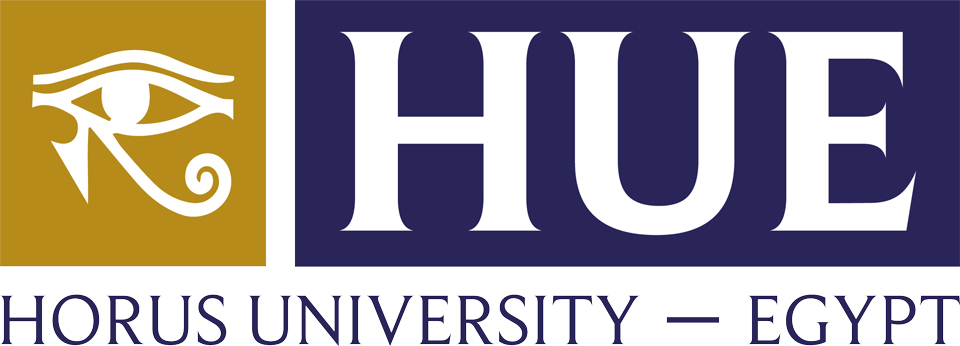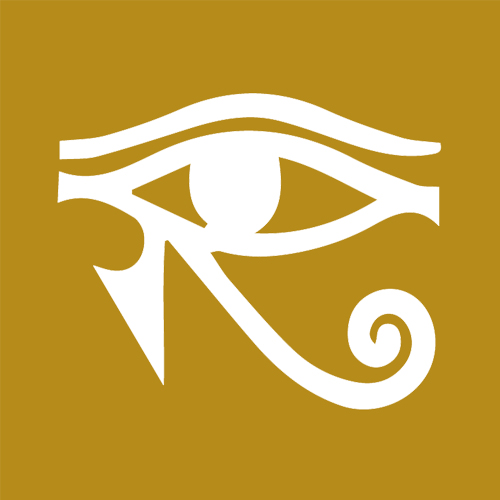Freeman argues that perhaps it’s essential for some entrepreneur to own a store to realize her conception of the good. But, Freeman retorts, not all citizens need such capitalist liberties to lead their conceptions of the good life. For something to be a basic liberty, Freeman claims, it must be essential to every reasonable person’s capacity to develop a sense of the good life or sense of justice. Freeman says that Tomasi has at most shown us that these capitalist freedoms are essential to many people, but not to all. Thus, Freeman concludes, these capitalist liberties do not pass the Rawls-Freeman test. The central problem, in economics, is how to arrange limited and scarce resources (including time, effort, and skill) to satisfy people’s nearly infinite wants.
What is the approximate value of your cash savings and other investments?
- Some advocates of the free market, especially libertarians and classical liberals, also oppose government-mandated and tax-funded welfare states.
- Contrary to some unsympathetic reviewers Nozick’s argument is not that the more-than-minimal state violates libertarian property rights.
- Free markets are characterized by a spontaneous and decentralized order of arrangements through which individuals make economic decisions.
- The critical feature is the absence of coercive impositions or restrictions regarding economic activity.
As a result, firms might sell products that cause harm (e.g., food contamination) or fail to make products available when needed (e.g., during natural disasters). While this isn’t necessarily a negative outcome by itself, unemployment rates need to be monitored closely so that economic policies can be adjusted as needed (for example, by increasing government spending).
However, when Rawls then claims that laissez faire or free market capitalism cannot satisfy justice as fairness, because it might allow citizens with great wealth to buy quote currency definition and example government power for their own ends. But, by Rawls’s (2001, p. 136) own stipulations, he was supposed to be evaluating institutions in ideal conditions, in which citizens are stipulated to have a perfect sense of justice. By Rawls’s own hypothesis, buying power is unjust, and thus, if citizens had a perfect sense of justice, they would not buy government power for their own selfish ends, since by hypothesis this is unjust. They further believe that any attempt to implement central planning will result in more disorder, or a less efficient production and distribution of goods and services. Free market, an unregulated system of economic exchange, in which taxes, quality controls, quotas, tariffs, and other forms of centralized economic interventions by government either do not exist or are minimal.
Free market economic system
This result is described as market efficiency, or Top natural gas stocks more specifically a Pareto optimum. For example, the price of a product sold in a free market economy is determined by what consumers are willing to pay for that product and producers are willing to sell it for. Competition is healthy in a free market economy because it keeps businesses innovative and efficient.
Economic systems
Consider an initial distribution of income, in which everyone has five income units. Moving from the initial distribution to either (a) or (b) is Pareto superior, but, Rawls thinks, there may be moral reasons to prefer one to the other. In conclusion, a free-market economy is characterized by its emphasis on freedom of choice and minimal government interference. Its strengths lie in fostering efficiency, innovation, and consumer choice, driving economic growth and improving standards of living.
Millions of workers are also juggling caregiving. Employers need to rethink.
If they refused to work hard without getting paid extra, that would show, contrary to the hypothesis, that they were not committed to Rawls’s principles of justice. Instead, if people had good moral motivations, it seems to follow that they would be willing to work hard and use their talents for the common good without having to be bribed. Cohen thus concludes that Rawls’s Theory of Justice isn’t really a theory of justice at all, but at best a series of useful principles for governing societies full of unjust people. However, it appears that Freeman’s argument for rejecting capitalist freedoms as basic liberties applies equally well against left-liberal freedoms. After all, Rawls and Freeman think people have a basic right to extensive freedom of speech, freedom of participation, to vote and run for office, and so on. Few countries, the secret to stock market success if any, afford citizens the full range of liberal freedoms that Rawls endorse, and yet many citizens in these illiberal countries do adequately develop and exercise their two moral powers (van der Vossen & Brennan, 2018).
Critics of the free market system tend to argue that certain market failures require government intervention. First, prices may not fully reflect the costs or benefits of certain goods or services, especially costs to the environment. Public goods are often underinvested or exploited to the detriment of others or future generations, unless such exploitation is prohibited through government regulation (see tragedy of the commons). Second, a free market may tempt competitors to collude, which makes antitrust legislation necessary. Antitrust and similar regulations are especially necessary in cases where certain market actors, such as companies, have acquired enormous market power.

